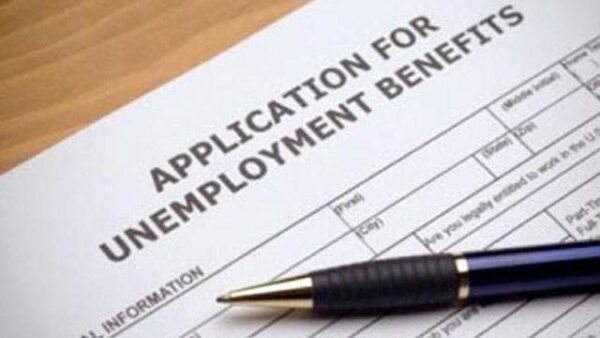The Coronavirus Aid, Relief, and Economic Security (CARES) Act includes various forms of relief for employees and employers. Below are some of the HR and payroll-related highlights:
Unemployment Benefits
Provides unemployment coverage to self-employed workers, independent contractors and employees with limited work histories as well as those traditionally eligible for benefits.
Nontraditional workers may qualify for the “Pandemic Unemployment Assistance” coverage (through December 31, 2020) by certifying to their state unemployment agency that they are available to work, but unable to work as a direct result of the COVID-19 crisis.
Unemployment Insurance or Pandemic Unemployment Assistance recipients will receive an additional $600 per week in unemployment compensation for up to four months for weeks ending before July 31, 2020.
The Act allows states to waive the traditional “waiting week” by providing funding for the 1st week of unemployment.
Generally, qualified individuals received 26 weeks of coverage. The Act will allow those individuals to receive up to an additional 13-week extension of benefits through December 31, 2020 if they remain unemployed due to the COVID-19 crisis.
Health Care Provisions
Covers the period between March 18th and remains in effect while there is a declared health emergency (as defined by federal law).
Fully insured and self-insured individuals will be covered by private insurance plans without cost sharing on all coronavirus testing.
Coverage includes any services or items provided during a medical visit (telehealth, visit to doctor’s office, urgent care center, or emergency room) that results in coronavirus testing or screening.
Allows a high deductible plan paired with an HSA to cover telehealth services prior to a patient reaching the deductible.
Certain over-the-counter products are now included as qualified expenses. Products needed in quarantine and social distancing (cold medicine, allergy medicine, OTC pain relievers, among many others), without a prescription from a physician, are now included. This allows patients to use HSA’s, Flexible Spending Accounts, Archer medical savings account and health reimbursement arrangements to purchase the qualified over-the-counter products and is effective through December 31, 2020.
Through December 31, 2020 disbursement from HSA’s (and others mentioned above) for the purchase of certain menstrual care products, such as tampons and pads, are qualified expenses.
Employee Retention Credit
Businesses who are forced to close due to the COVID-19 crisis, but continue to pay its employees during the closure, may be able to take a credit against the employer’s portion of Social Security (6.2%) payroll taxes.
Eligibility requirements:
- During any calendar quarter in 2020 business operations were fully or partially suspended due to orders from an appropriate government authority resulting from COVID-19, or
- Gross receipts during a calendar quarter of 2020 were less than 50% of what they were for the same calendar quarter in 2019 and the business continued to stay open. The credit is allowable until the business has recovered to the point that their gross receipts exceed 80% of what they were for the same quarter in the previous year.
Credit during each eligible quarter is equal to 50% of the “qualified wages” paid to EACH employee for that quarter, ending on December 31st, 2020.
The qualified wages of businesses with over 100 employees are limited to those wages that were paid by the employer during the 30 days immediately preceding the period of economic hardship.
Business with less than 100 employees can include wages paid to employees during a shut-down as well as wages paid for each quarter that the business has suffered a sharp decline in year-over-year receipts as qualified wages.
No matter the size of the business qualified health plan expenses allocable to wages can be included in the calculation of qualified wages. These expenses include amounts paid to maintain a group health plan, but the amount of qualified wages for each employee for all quarters may not exceed $10,000.
Wages paid via the Family Medical Leave or Paid Sick Leave act are not allowed to be included as part of qualified wages for this credit.
This is a refundable credit.
Businesses receiving a SBA PPP loan are not eligible for this credit.
Delay of payment of employer payroll taxes and self-employment tax
Payment on the employer’s portion of Social Security tax (6.2%) for the period March 27, 2020 through December 31, 2020 can be deferred. 50% of the amount due can be paid by December 31, 2021 while the remaining 50% should be paid by December 31, 2022.
Self-employed individuals may also defer 6.2% of his or her self-employment tax that would be due between April 1, 2020 and December 31, 2020. 50% of the amount due can be paid by December 31, 2021 while the remaining 50% should be paid by December 31, 2022.
Businesses receiving forgiveness under a SBA PPP loan are not eligible for this deferral.
For information on the retirement plan funds and RMD provisions of the Act, click here.
For information student loan payments made by an employer, click here.


